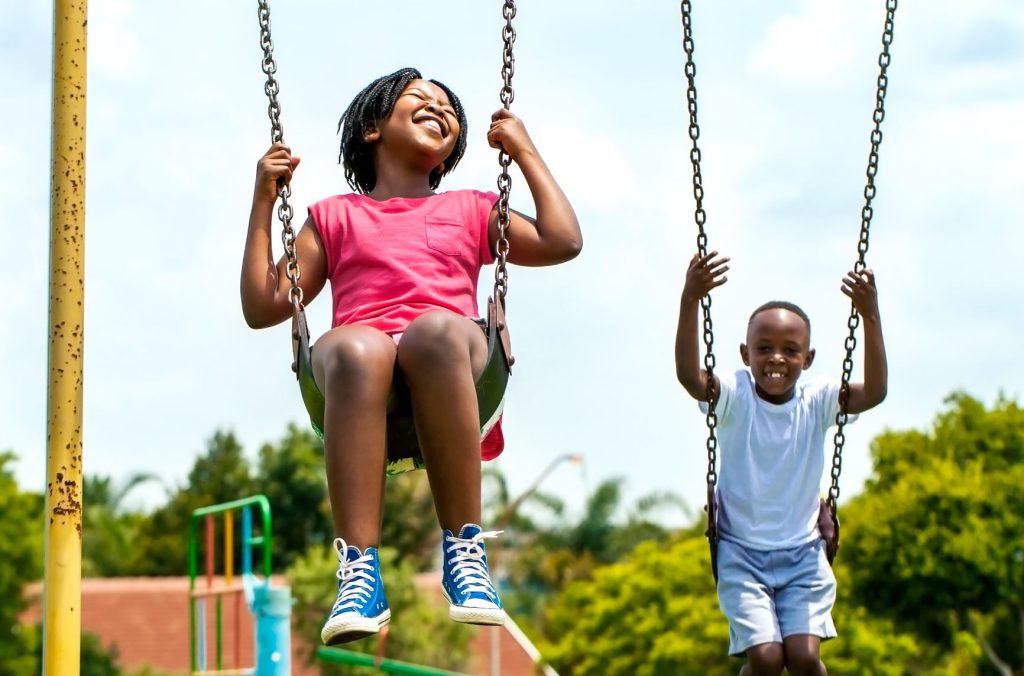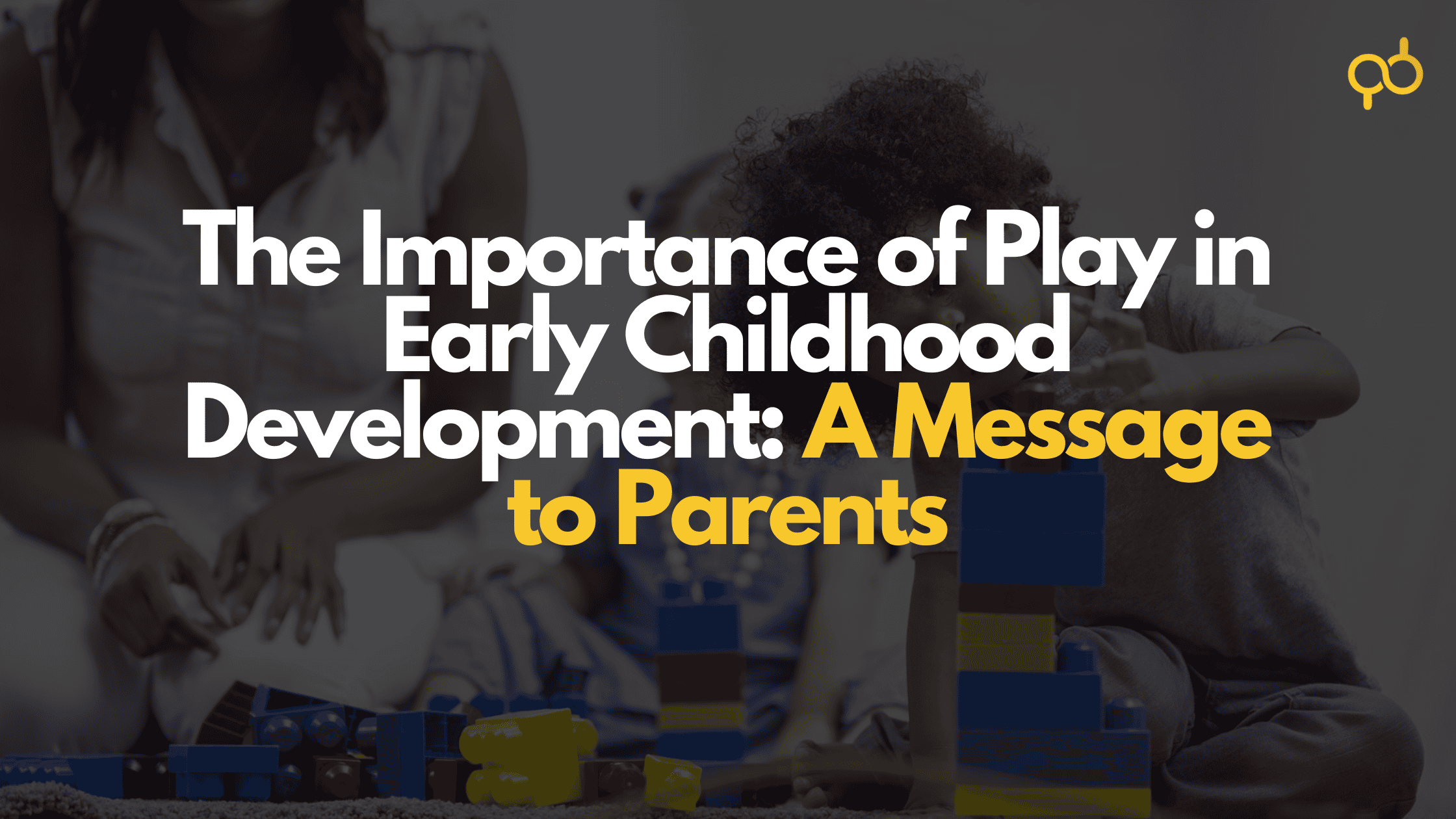All work and no play makes Jack a dull boy. This age-old adage underscores a vital truth about child development that has stood the test of time. As parents, we naturally want the best for our children, often equating early schooling with a head start in life. However, it is crucial to recognize that play is not just a leisure activity; it is an essential part of a toddler’s development.
In the early years, children learn most effectively through play. This playful interaction is where they begin to understand the world around them. Through play, children learn new words, develop their cognitive skills, and engage in physical activities that are critical for their overall growth. It’s during these moments of play that they develop problem-solving skills, social interactions, and emotional resilience.
READ MORE: The Benefits Of Play
As Nigerian parents, it is important to strike a balance between structured learning and play. Encouraging your children to engage in free play helps in nurturing their creativity and imagination. It also aids in developing their motor skills and coordination. Remember, a child who plays is not wasting time; they are building a foundation for lifelong learning and development.

Create an environment at home that fosters playful learning. Provide toys, books, and materials that stimulate their imagination and curiosity. Allow them to explore the outdoors, interact with peers, and engage in games challenging their minds and bodies. Your involvement and encouragement in their playtime will significantly enhance their developmental progress.
In conclusion, while early schooling is important, it should not overshadow the value of play. Embrace play is a crucial part of your child’s early years, ensuring they grow up healthy, happy, and well-rounded. A balanced approach to learning and play will give your child the best start in life.
